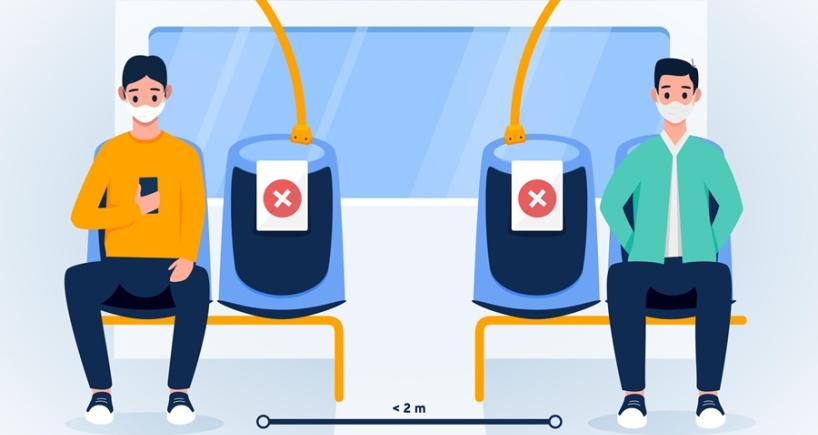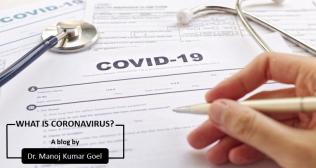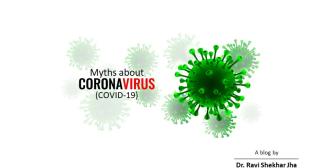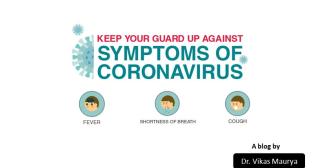
Exploring Factors Affecting Oxygen Levels in the Human Body
Introduction
Blood oxygen level in the human body refers to the concentration of oxygen dissolved or bound to hemoglobin in the bloodstream. It is typically measured as arterial oxygen saturation (SaO2) or oxygen saturation (SpO2), expressed as a percentage. SaO2 or SpO2 measurements provide valuable information about oxygen transport and delivery efficiency in the body.
An average blood oxygen level typically ranges between 95% and 100%. Levels below 90% are considered low and may indicate hypoxemia, a condition characterized by inadequate oxygenation of tissues, while high levels indicate oxygen toxicity. Monitoring blood oxygen levels is essential to assess respiratory and circulatory function, guide oxygen therapy, and detect abnormalities.
Additionally, a myriad of factors affect blood oxygen levels. Understanding them is pivotal for health maintenance and addressing potential concerns.
Factors Affecting the Oxygen Level in the Human Body
A-Factors Causing Hypoxemia
Respiratory Disorders:
- Asthma: Chronic inflammation and bronchoconstriction in asthma can obstruct airflow, impairing oxygen exchange in the lungs.
- Chronic Obstructive Pulmonary Disease (COPD): Emphysema and chronic bronchitis, standard forms of COPD, result in narrowed airways and damaged lung tissue, reducing oxygen intake.
- Pneumonia: Infections in the lung tissue can lead to inflammation, fluid buildup, and impaired gas exchange.
- Pulmonary Embolism: Blood clots in the pulmonary arteries can block blood flow to the lungs, compromising oxygenation.
High Altitude:
- Decreased Atmospheric Pressure: At higher elevations, atmospheric pressure decreases, resulting in lower oxygen levels for inhalation.
- Acclimatization: Individuals not acclimated to high altitudes may experience hypoxemia due to insufficient oxygen intake until their bodies adjust to the reduced oxygen levels.
Hypoventilation:
It is a condition characterized by inadequate ventilation of the lungs, resulting in decreased levels of oxygen and increased levels of carbon dioxide in the blood.
- Neuromuscular Disorders: Conditions like muscular dystrophy or spinal cord injuries can weaken respiratory muscles, leading to shallow breathing and inadequate ventilation.
- Sedative or Narcotic Use: Drugs that depress the central nervous system can suppress respiratory drive and lead to hypoventilation.
Ventilation-Perfusion Mismatch:
This refers to an imbalance between ventilation (airflow into the lungs) and perfusion (blood flow through the lungs) in the respiratory system.
- Pulmonary Embolism: Blood clots obstructing pulmonary arteries disrupt the balance between ventilation (airflow) and perfusion (blood flow) in the lungs, resulting in hypoxemia.
- Chronic Lung Diseases: Conditions like emphysema or pulmonary fibrosis alter lung perfusion, leading to impaired oxygenation despite adequate ventilation.
Anemia:
- Iron Deficiency Anemia: Reduced hemoglobin levels decrease the blood’s oxygen-carrying capacity, resulting in hypoxemia.
- Hemorrhage: Blood loss from trauma or gastrointestinal bleeding can deplete circulating red blood cells, leading to decreased oxygen delivery.
Heart Disorders:
- Congenital Heart Defects: Structural abnormalities in the heart can compromise cardiac output, reducing oxygen delivery to tissues.
- Heart Failure: Impaired pumping function of the heart leads to inadequate circulation, resulting in tissue hypoxia.
Sleep Apnea:
- Obstructive Sleep Apnea: Periodic cessation of breathing during sleep reduces oxygen saturation levels, contributing to nocturnal and daytime hypoxemia.
B. Factors Causing Oxygen Toxicity
- Hyperbaric Oxygen Therapy (HBOT): HBOT involves breathing pure oxygen in a pressurized chamber, typically used to treat conditions like decompression sickness, non-healing wounds, or carbon monoxide poisoning. Continuous exposure to high levels of oxygen during HBOT can cause oxygen toxicity.
- Mechanical Ventilation: Patients who require mechanical ventilation in intensive care units or during surgery may receive high oxygen concentrations to support their breathing. Prolonged mechanical ventilation with high oxygen levels can increase the risk of oxygen toxicity.
- Resuscitation: During cardiopulmonary resuscitation (CPR), high oxygen concentrations are often administered to support oxygenation. While essential, prolonged exposure to high levels of oxygen during CPR can contribute to oxygen toxicity.
- Scuba Diving: Divers breathing compressed air or enriched oxygen mixtures (such as nitrox) at depth can experience oxygen toxicity if exposed to elevated partial pressures of oxygen for extended periods.
- Neonatal Care: Premature babies with respiratory distress syndrome may need supplemental oxygen therapy. However, excessive exposure can damage the blood vessels in the retina.
- Long-Term Oxygen Therapy: Some individuals with COPD may require long-term oxygen therapy to maintain adequate oxygen levels, increasing the risk of oxygen toxicity.
In conclusion, oxygen levels in the human body are influenced by a multitude of factors. Individuals can strive for a healthier and more vibrant life by prioritizing factors that positively impact oxygen levels.
Popular Searches :
Hospitals: Cancer Hospital in Delhi | Best Heart Hospital in Delhi | Hospital in Amritsar | Hospital in Ludhiana | Hospitals in Mohali | Hospital in Faridabad | Hospitals in Gurgaon | Best Hospital in Jaipur | Hospitals in Greater Noida | Hospitals in Noida | Best Kidney Hospital in Kolkata | Best Hospital in Kolkata | Hospitals in Rajajinagar Bangalore | Hospitals in Richmond Road Bangalore | Hospitals in Nagarbhavi Bangalore | Hospital in Kalyan West | Hospitals in Mulund | Best Hospital in India | | Cardiology Hospital in India | Best Cancer Hospital in India | Best Cardiology Hospital in India | Best Oncology Hospital In India | Best Cancer Hospital in Delhi | Best Liver Transplant Hospital in India
Doctors: Dr. Rana Patir | Dr. Rajesh Benny | Dr. Rahul Bhargava | Dr. Jayant Arora | Dr. Anoop Misra | Dr. Manu Tiwari | Dr. Praveer Agarwal | Dr. Arup Ratan Dutta | Dr. Meenakshi Ahuja | Dr. Anoop Jhurani | Dr. Shivaji Basu | Dr. Subhash Jangid | Dr. Atul Mathur | Dr. Gurinder Bedi | Dr. Monika Wadhawan | Dr. Debasis Datta | Dr. Shrinivas Narayan | Dr. Praveen Gupta | Dr. Nitin Jha | Dr. Raghu Nagaraj | Dr. Ashok Seth | Dr. Sandeep Vaishya | Dr. Atul Mishra | Dr. Z S Meharwal | Dr. Ajay Bhalla | Dr. Atul Kumar Mittal | Dr. Arvind Kumar Khurana | Dr. Narayan Hulse | Dr. Samir Parikh | Dr. Amit Javed | Dr. Narayan Banerjee | Dr. Bimlesh Dhar Pandey | Dr. Arghya Chattopadhyay | Dr. G.R. Vijay Kumar | Dr Ashok Gupta | Dr. Gourdas Choudhuri | Dr. Sushrut Singh | Dr. N.C. Krishnamani | Dr. Atampreet Singh | Dr. Vivek Jawali | Dr. Sanjeev Gulati | Dr. Amite Pankaj Aggarwal | Dr. Ajay Kaul | Dr. Sunita Varma | Dr. Manoj Kumar Goel | Dr. R Muralidharan | Dr. Sushmita Roychowdhury | Dr. T.S. MAHANT | Dr. UDIPTA RAY | Dr. Aparna Jaswal | Dr. Ravul Jindal | Dr. Savyasachi Saxena | Dr. Ajay Kumar Kriplani | Dr. Nitesh Rohatgi | Dr. Anupam Jindal |
Specialties: Heart Lung Transplant | Orthopedic | Cardiology Interventional | Obstetrics & Gynaecology | Onco Radiation | Neurosurgery | Interventional Cardiology | Gastroenterologist in Jaipur | Neuro Physician | Gynecologist in Kolkata | Best Neurologist in India | Liver Transfer |



















